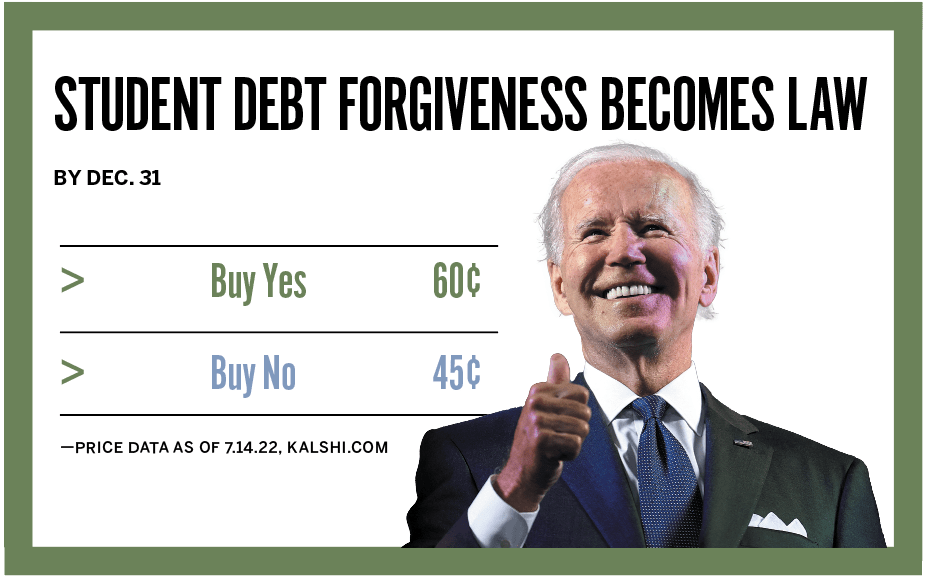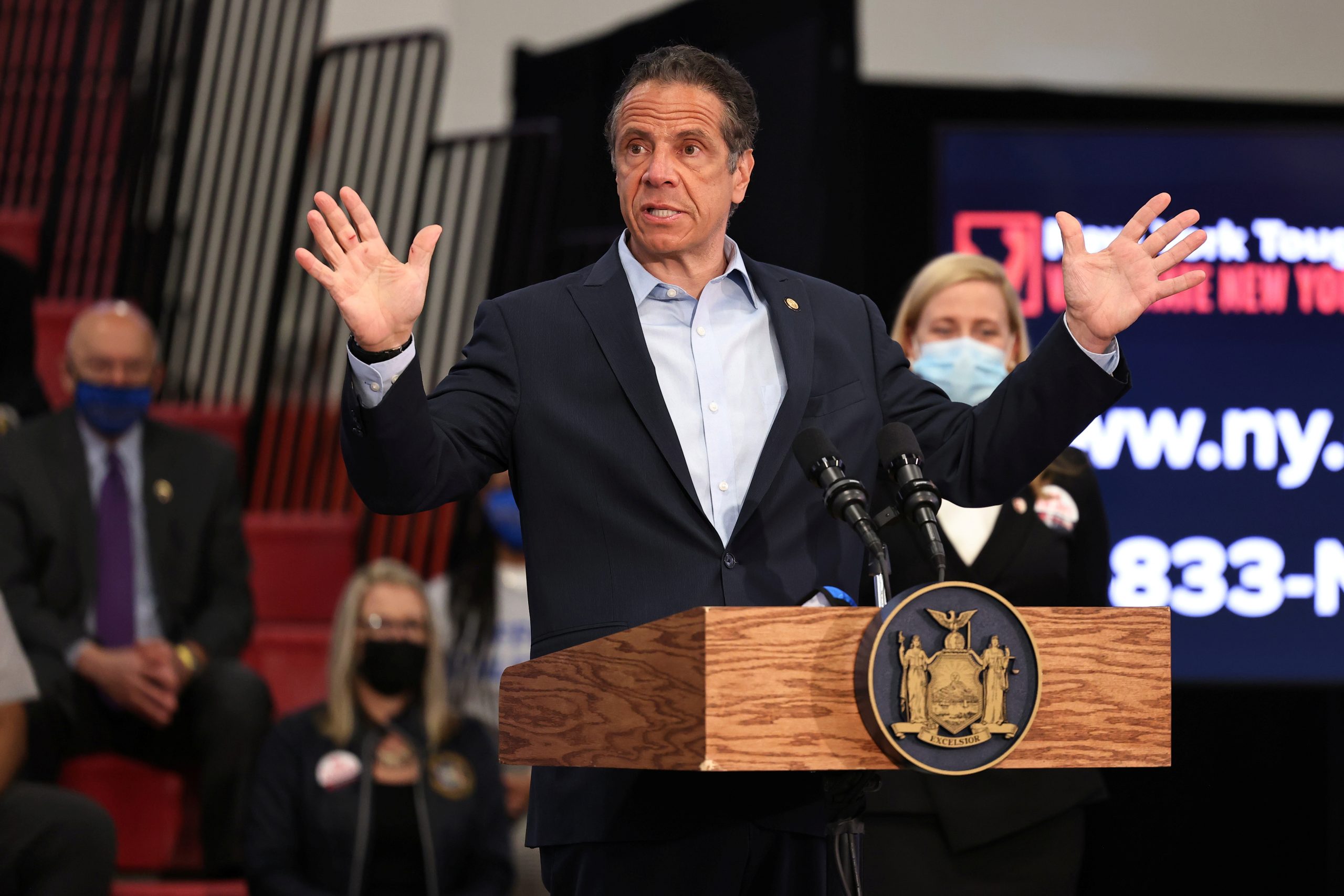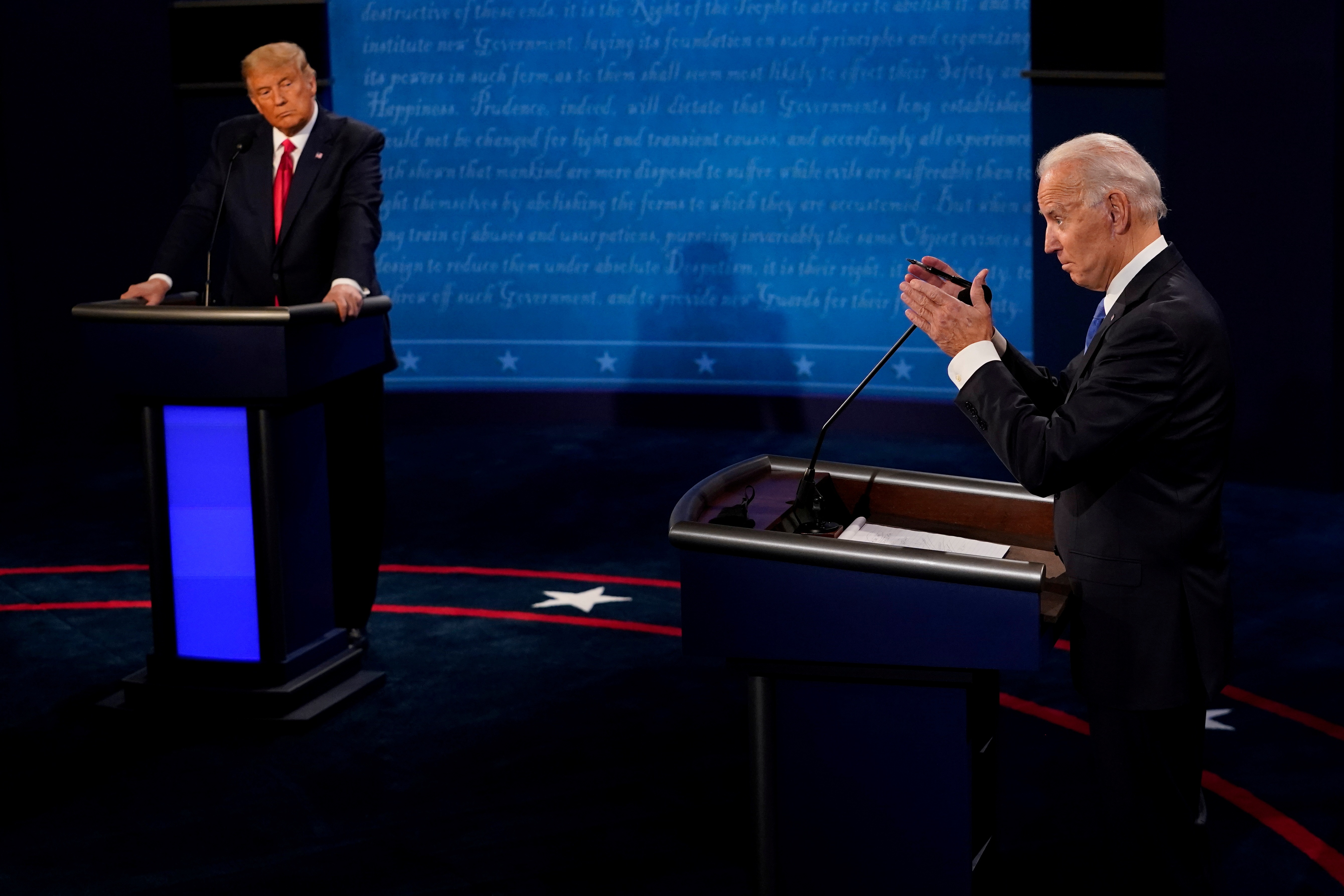The Lincoln Project: A Sign of What’s to Come, or Just More Noise?
Big-name Republicans are backing the super PAC, including Anthony Scaramucci

Republican- and former-Republican-led super PAC the Lincoln Project has cracked the code to virality, but its primary targets aren’t Democrats. They’re President Donald Trump and Republican senators.
“The Lincoln Project is holding accountable those who would violate their oaths to the Constitution and would put others before Americans,” the super PAC’s website reads.
After springing into the spotlight two months ago for its “Mourning in America” ad, which has over 3 million views on YouTube and is the channel’s most-watched video to date, the Lincoln Project has been consistently rolling out political ad after political ad attacking the Trump presidency.
More than 58 million views have been clocked across all videos on the YouTube channel.
More recently, the Lincoln Project has been shifting its focus down-ballot, attacking Iowa Republican Sen. Joni Ernst and endorsing Montana Democratic Gov. Steve Bullock, to name a few of their efforts.
The Lincoln Project — and the efficacy of its ad campaigns — were one of several topics discussed on a recent installment of political prediction market-focused podcast The Political Trade.
The episode additionally covered how the PAC recently attracted negative media attention when crude tweets from its video editor, Ben Howe, resurfaced, resulting in his departure.
The full episode can be heard here:
Below is a lightly edited transcript of TPT’s recent discussion about the Lincoln Project.
Jeff All right, let’s get to work here. We always open our episodes talking about what political events have occurred, and you wanted to speak to The Lincoln Project and some of the impact it’s having on key Senate races. And, I was really happy to hear that because The Lincoln Project is a topic that’s of real interest to me. If you don’t know what The Lincoln Project is, it’s political consultant Steve Schmidt, who guided John McCain’s 2008 presidential campaign — to a loss — and then quickly repaid his old boss by relating unflattering consequences to the authors of gossipy campaign book. So, it’s Steve Schmidt. And it’s Rick Wilson, who is the creator of the campaign ad questioning the patriotism of Senator Max Cleland. And there’s George Conway. So, it’s Schmidt, Wilson and Conway — it’s an unlikely trio. Of course, George Conway is project advisor and a politico, but he’s of course married to Kellyanne Conway, who’s a counselor to Trump. So that is the DNA of The Lincoln Project. They’ve been putting together really slick ads that have gotten a lot of attention. We’ll speak to their efficacy in a moment because that remains in question, but I think we have some clips to share.
The Lincoln Project Ad “Nixon was bad. Trump is worse. Now, Trump saves Roger Stone. Stone lied to cover up Russian involvement in Trump’s campaign to protect Donald Trump. Seven felony convictions. Trump is the most corrupt president in U.S. history. There’s only one way to end the Trump crime spree. Throw him, and his crooks, out of office.”
Jeff Now, that’s a recent ad — a very recent ad — from The Lincoln Project, and they’re creating these beautifully executed ads with the intention to go viral. And as I said, there’s some criticism from both the left and the right about the actual efficacy of the ads, but you wanted to speak to their impact or potential impact on some key Senate races. So, what were your thoughts here? I know that you want to speak to the Susan Collins race.
Travis Lloyd I think what’s interesting is, you know, The Lincoln Project came out a couple months ago and really got, obviously, widespread release beyond Twitter for their “Mourning in America.” It really was just last week that they came out and announced that they are going to work down-ballot. And there was a bit of an uproar, but certainly a renewed uproar, from the Republican side. Not only ‘How dare you spend all this time going after our headliner,’ but ‘You’re going to go down-ballot?’ There was just a bit of a backlash. It was very interesting. I think the most important part of it is these are a number of people that have a history of making some very successful negative campaign ads, which is something that historically, we know Democrats are simply not as good at. The Republican side has always done a better job wielding and clubbing people with fear through campaign ads or through mailers, or what have you. And all of a sudden you have a little bit of that magic, if you will, being applied not just back toward the GOP, but down-ballot. To announce that they’re going to jump into local media markets specifically to campaign against down-ballot candidates just fascinates me.
Jeff Well, it’s a fascinating topic, and a really timely one. About an hour or two before we started recording this — so today — Ben Howe, who came of age politically making anti-Obama ads during the rise of the Tea Party. He has been recently referred to in a Vanity Fair article as the creative mind of The Lincoln Project. And just today he had to — I didn’t grab the full story, but today he had to resign from The Lincoln Project for misogynist anti-feminist comments that referred to women’s body parts in derogatory manners. And that just happened within the last hour or two. So that got a little bit of publicity. And then The Center for Responsive Politics, the campaign finance watchdog group, wrote that The Lincoln Project is hiding some of its vendors by stealthily paying its subcontractors, making it kind of difficult to follow the money. So, they’ve reported that of the nearly $1.4 million that has been spent through March by The Lincoln Project, almost all of that money has been going to the group’s board members and the firms run by them. So, they’re certainly getting a lot of attention, but their ads are really beautiful. And I have to admit, they’re kind of poignant. Now, today, I took a look at Twitter, and they have 1.4 million followers. That’s the primary dissemination platform for sending their ads out. And, you know, that’s not really a material number. I was looking at other influencers in that range of followers, and you have your makeup and fashion models, and your CrossFit bloggers. You know, Kanye West for example, our new presidential candidate, has 30 million followers, right? So, there’s a real question as to how much impact they have. I’m going to throw this out to you, but there’s a statement that The New Republic, which wrote a story just about three or four days ago on The Lincoln Project, said: The Lincoln Project’s own tactics suggests that the PAC strategists know that they have little chance of persuading anyone. Their audience is liberals who are delighted to see Republicans roast the president. Instead, they have focused on attracting the ire of the president, which in turn brings in attention and money. So, The New Republic was really questioning where The Lincoln Project is having its greatest impact. So, I know you wanted to look at some of these races, but any thoughts on the impact that they’re actually having in Maine or in South Carolina or in Iowa?
Travis Lloyd As far as the efficacy of them, to date, their primary target, in my opinion at least, has been an audience of one. The entire purpose, to this point, has been to troll the president, which is fine. Relatively useless, other than entertaining. I think what is interesting to me, and what is different, is their announcement last week that they are going to enter down-ballot races and identified a handful of states that they’re going to enter. We haven’t seen what they’re going to do or what they’re bringing to the table. All we’ve seen is a very targeted sort of Twitter-centric focus to get exactly what’s happening: We’re talking about them. People are retweeting them. They may only have 1.4 million followers, but most of their videos cross a million views within three to four days — every one of their videos. I think the point of this, on its face appears foolish, right? ‘I can’t believe you’re spending all this money and all you’re doing is advertising on Fox News in D.C. during Fox and Friends. Really? You’re spending hundreds of thousand dollars to do that?’ But they made their splash in the headlines. They got the attention. And that’s why last week is important. Last week, they said ‘We are now going down-ballot.’ That’s going to be very different.
Jeff And that’s truly an unprecedented move, to have a Republican-based organization going against Republicans. And they listed the senators that they’re targeting, including McConnell in Kentucky, Lindsey Graham in South Carolina, Thom Tillis in North Carolina, Cory Gardner in Colorado, McSally in Arizona, Cruz in Texas, Ernst in Iowa, Rubio in Florida, Susan Collins in Maine, and the list goes on and on. Tom Cotton, Mike Rounds.
Travis Lloyd They went after everybody with a household name — “household” is probably a little bit generous, but names known by anyone who somewhat follows politics. They’re going after those names.
Jeff Well, the one I would watch most closely would probably be in Iowa. You know, Greenfield is leading Ernst by low single digits in the last four consecutive FiveThirtyEight polls. I think Ernst is 49 cents right now, and that’s the closest race I can think of — it’ll be a good test to see what impact they have.
Travis Lloyd Yeah. And you know, we’re going to have a hard time saying truly what their impact is, right? Because obviously, we sort of have something of an unprecedented election. I mean, it’s not unprecedented, I’m sure that’s said about every election, but it surely feels unprecedented, what with the level of disapproval going into the election, plus the pandemic we’re dealing with. What effect The Lincoln Project actually has in some of these, it’s going to be tough to discern, exactly. But I do think what they bring to the table is a history and a list of experience speaking to the kind of populace that a lot of Democratic political consultants have a harder time reaching. We’re talking about states that have historically gone GOP in at least their state or national but non-presidential elections. These are the people who’ve been involved in those campaigns. They won a lot of small, and then slightly larger and larger statewide and even national campaigns before they got a shot at the presidency. And for the most part, those were all GOP campaigns in predominantly GOP states. So, what they actually do bring to the table that we’re just not seeing is really a better understanding of how to reach those people. And again, I don’t know what it’s going to do. I’m just very interested to watch.
Jeff Well, it’s an interesting week because I can think of three occurrences to see the impact that some of these media and political operatives will actually have on the political campaigns that they’re working on. So, you have Ben Howe, who is supposedly the creative genius behind all the ads thus far from The Lincoln Project, which I think have been beautiful ads, really well-executed and somewhat provocative, right? And then you have — I forget his name, but the lead writer for Tucker Carlson, who just left a couple days ago. So, we’ll see if his monologues will continue to have that same sting. And then today, a big event with Bari Weiss, who resigned pretty dramatically from the op-ed board of The New York Times with a stinging resignation letter speaking to the lack of intellectual diversity on the New York Times op-ed board. And these are three examples of media shake-ups in the political world, and we’ll see what impact they actually have.
Listen to full episodes of TPT here.



















